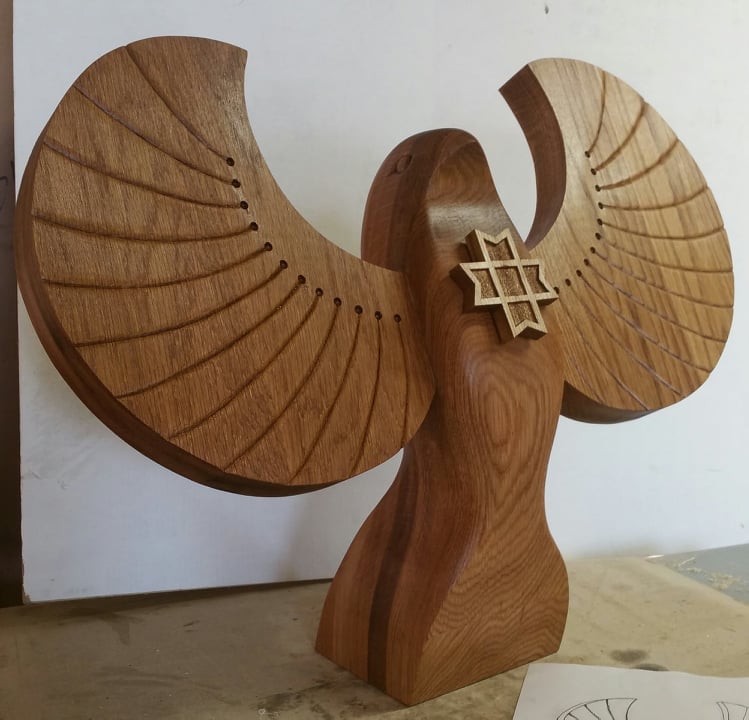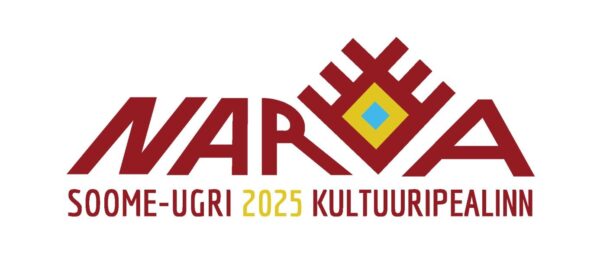Competition for 2026 Finno-Ugric Capital of Culture opened

On 24 March, the Estonian Uralic Centre, in cooperation with Sukukansojen ystävät ry, announced the opening of the 2026 Finno-Ugric Capital of Culture competition.
The theme for 2026 is broadening the horizons of the Finno-Ugric peoples. The winner of the 2026 Finno-Ugric Capital of Culture title will be announced on summer solstice, 21 June 2025.
To date, 11 villages and towns have been awarded the title:
2014 Bygy, Udmurtia, Russian Federation
2015 Obinitsa, Setomaa Parish, Estonia
2016 Veszprém and Iszkaszentgyörgy together, Hungary
2017 Vuokkiniemi, Republic of Karelia, Russian Federation
2019 Uncho, Mari El, Russian Federation
2020 Mishkan, Republic of Bashkortostan, Russian Federation
2021 Abja-Paluoja, Mulgi Parish, Estonia
2022 Bayterek, Udmurtia, Russian Federation
2023 Kuhmo, Finland
2025 Narva, Estonia
According to Aleksi Palokangas, chairman of Sukukansojen ystävät ry, the competition has helped the winning municipality to raise its profile and reputation locally and internationally, for example in the field of sustainable tourism. More importantly, it has strengthened the local community and provided new development opportunities for local authorities. The Finno-Ugric Capital of Culture competition has proved to be one of the most sustainable and long-lasting Finno-Ugric projects in recent decades,” he underlines.
The competition is open to all countries and regions where Finno-Ugric peoples have historically lived for a long time. These include traditional areas of Finno-Ugric settlement as well as important diaspora areas. As the 2025 Capital of Culture is in Estonia, the 2026 competition will not be open to sites in Estonia.
For the 2026 Finno-Ugric Capital of Culture, the organisers hope to receive applications in particular from countries and regions that have not had the opportunity to engage in inter-ethnic cooperation and inter-ethnic movement. They are hoping to receive applications from regions where Finno-Ugric minorities did not originally live, but which have historically developed significant Finno-Ugric populations with their own local identity and distinctive culture. Aleksi Palokangas stresses that the idea is to broaden the vision and understanding of what the Finno-Ugric world really is. “In doing so, we hope to bring new countries, regions, perspectives and ideas to the genealogy to make it even more diverse, interesting and inclusive of all different people.”
The competition materials can be downloaded in Finnish here and in English here.
The deadline for applications is 31 May 2025 and the winner will be announced at the summer solstice on 21 June 2025.
- Finno-Ugric Capitals of Culture
- Further information:
Oliver Loode
oliver.loode@uralic.org
tel. +372 513 2992


